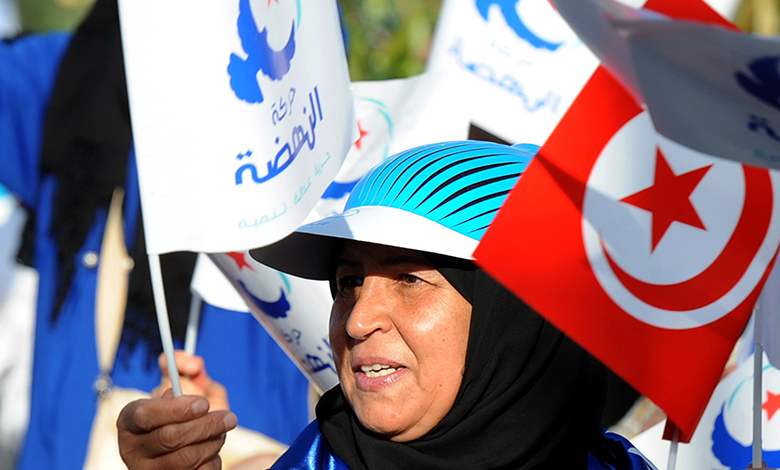Politician: Crises in Tunisia are Fabricated… What’s the Brotherhood’s Connection?

The Assistant Secretary-General of the July 25 Movement, Issam Ben Othman, opened several hot files during the period of the Muslim Brotherhood’s rule.
He addressed the crises that Tunisia is experiencing, the upcoming presidential elections, and the purging of government institutions from the grip of the Brotherhood.
The Tunisian politician affirmed that the crisis his country is facing is fabricated by the Brotherhood and their supporters. He called for the formation of a “national war government” to confront these crises and obstacles. He said, “Tunisia is in a state of war against forces that pull it backwards, and efforts must be united to lead it out of its crisis.”
He added, “There are old accumulations caused by the previous system (the Brotherhood). Today, unfortunately, we are reaping those accumulations, but the Tunisian people stand with the leadership and President Kais Saied, despite all the crises, because they know it’s a temporary phase that will pass.”
He warned of hands manipulating and monopolizing essential food items, creating crises. He revealed the presence of individuals he claimed have an interest in “inciting the streets and starving the people to incite them against President Saied.” He said, “They want to rewrite history and recreate the events of the bread riots of 1984, but that won’t happen, because the Tunisian people are an informed people who understand the manipulated scenarios.”
In exploring the broad outlines that could save Tunisia from the repercussions of the Brotherhood’s rule, Issam Ben Othman urged President Saied to dismiss ministers who haven’t found solutions to the people’s problems, and who obstruct the social and economic progress.
He said, “The new Tunisian Prime Minister, Ahmed Al-Hachani, started working on August 1 to replace Najla Bouden, and an immediate cabinet reshuffle is necessary.” He demanded that the reshuffle include the ministries of transportation, commerce, agriculture, and health.
He also urged Ahmed Al-Hachani’s government to closely observe the concerns of Tunisians and connect with citizens. He said, “Tunisia needs competent individuals who can bear responsibility, especially in these circumstances.”
Issam Ben Othman praised the decision regarding the formation of committees to audit academic certificates and appointments in government agencies since 2011, to cleanse official institutions from the Muslim Brotherhood. He called for the publication of the numbers related to the results of these committees’ work.
He called on President Kais Saied to expedite the purging of the Tunisian government administration, which he described as “infiltrated.” He said, “The Tunisian government administrations suffer from corruption by individuals who were planted years ago, and they only work to obstruct various paths.”
Tunisia is moving towards issuing a presidential decree related to reviewing appointments in Tunisian government institutions, in a new step towards reform and purging the state from the grasp of the terrorist Muslim Brotherhood group.
Since 2011, the Renaissance Movement, an affiliate of the Brotherhood, has wreaked havoc in Tunisia, and it has consumed parts of the state among its supporters, as political observers have noticed.
To achieve this goal, the movement directed its instructions to release its members involved in terrorist cases from prisons and offered them substantial compensation, which affected the stability of the Tunisian state’s budget.
In a subsequent move, these individuals were appointed to important positions in the state, and for those who lacked academic certificates, the movement fabricated one for them and secured them the position.












